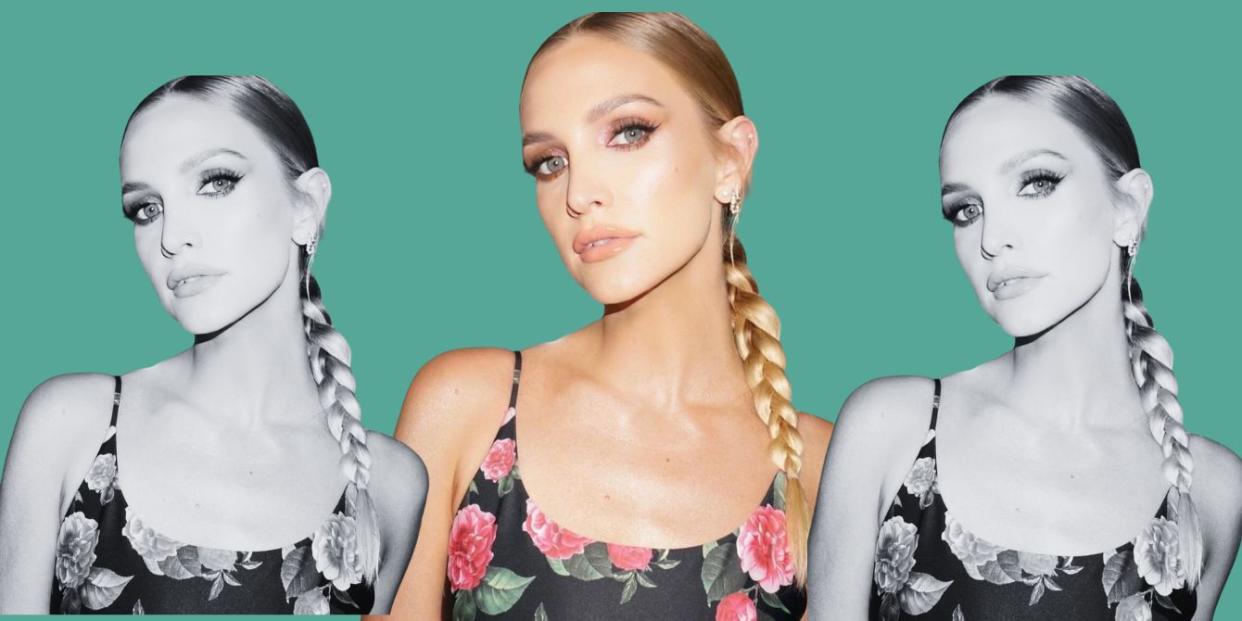Ashlee Simpson opens up about rejecting her dad’s purity ring at 12 years old

- Oops!Something went wrong.Please try again later.
- Oops!Something went wrong.Please try again later.
In the early 2000s, purity ring culture was strong—and very weird. Stars like Miley Cyrus, the Jonas Brothers, and Jordin Sparks all famously wore purity rings to symbolize their commitment to stay sexually abstinent until marriage, as if that was anyone’s business. But now, Ashlee Simpson is opening up about how her father tried to get her to wear one beginning at age 12, and she refused.
During an appearance on the Broad Ideas with Rachel Bilson & Olivia Allen podcast, the “Pieces of Me” singer, now 39, referred to herself as an “independent soul” as a child.
“I would come off way more rebellious than I even was, because I was like, ‘Oh no, I’m not doing that,'” she explained. “I would see how my dad would be like, ‘Oh, you can’t talk to this guy. Here’s your ring to save yourself.’ He tried to give me one at 12 and I was like, ‘Oh, no thank you. I won’t be telling you when I have sex.'”
She continued, “And meanwhile, I never did [have sex] until I was 17, but I always wanted it to be open that you don’t know what I’m doing.”
Honestly, good for her, because the public interest in stars’ virginity was very creepy. Even Simpson’s sister, Jessica Simpson, wore a purity ring, and famously said she kept her pledge to stay abstinent until she married Nick Lachey. She told reporters in 2000 that virginity was “something I stand strong in,” but this is a great time for a reminder that virginity is purely a social construct invented to control women.
Later on the podcast, Simpson opened up about other ways she and her sister were different as children, and how their mom, Tina, made sure to raise them in their unique strengths.
“My mom really would pay attention and see me if I needed something different, and she would make that time. And now that we’re all parents we finally get the other side,” she said. “Growing up, I was really an independent soul and I wanted to like, do my own effing thing. They had to let me kind of be free and have that moment, or at least feel free. And sometimes too free.”

